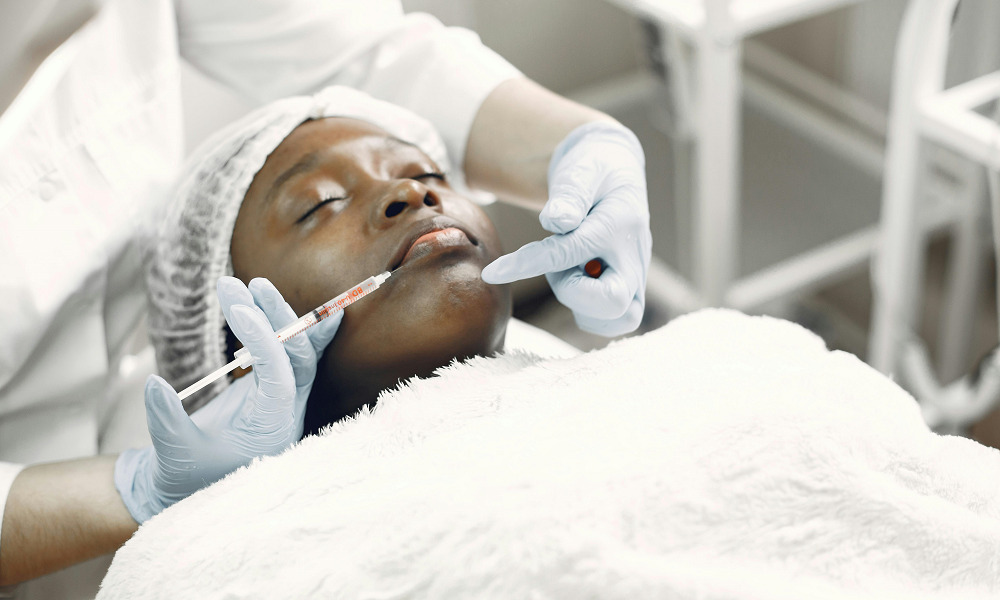Reviews
7 Important Things to Do After a Facelift

Undergoing a facelift is a life-changing decision, and the results can be nothing short of amazing. However, to maintain and enhance those results, it’s crucial to follow the right aftercare steps.
Knowing what to do right after your procedure can make a significant difference in your recovery and final outcome.
This blog will walk you through seven important things to do after a facelift Gold Coast, ensuring your healing process is as smooth and effective as possible.
1. Rest and Recovery
Rest is absolutely necessary after a facelift because it enables your body to concentrate on the healing process. For the first few days, you should refrain from engaging in any physical activities that could potentially cause strain to your face, such as bending or lifting.
To alleviate swelling, you should rest with your head elevated and make use of additional pillows. This helps blood flow and limits pressure on the surgical area. Sleeping on your back is best for keeping your face protected as you rest.
While you might feel eager to resume your usual activities, taking it slow is key to a successful recovery. Give yourself time to feel stronger before attempting daily routines. Trust that each day of rest aids your healing process.
2. Follow Medical Advice
The advice of your physician is extremely important after surgery. A list of things that you should and should not do will be provided to you, and you should adhere to it.
One example of this would be the proper way to care for incisions, as well as the appropriate time to change bandages and take medication. Continue to adhere to their schedule for follow-up visits in order to track their progress in healing.
Avoid applying any products to your face unless the doctor approves them, as they might irritate your skin. Don’t smoke or drink alcohol, as these can delay healing.
3. Manage Swelling and Bruising
Swelling and bruising are normal after a facelift, and they typically reduce over time. Applying cold compresses to the swollen areas for short intervals during the first few days can help minimize them.
However, avoid putting ice directly on your skin, as this can cause discomfort or irritation. Gentle massage around the swollen areas (if your doctor approves) may also support drainage and healing.
Drinking plenty of water and eating foods rich in antioxidants, like berries and leafy greens, can help reduce swelling.
4. Keep the Surgical Area Clean
Your doctor will likely recommend using a mild, fragrance-free soap and lukewarm water to gently clean the area. Avoid scrubbing or rubbing, as this could disrupt healing. Instead, use a soft cloth to gently pat the area dry.
If you notice any signs of infection, like redness or an unusual smell, contact your doctor immediately. Changing any bandages as instructed helps keep bacteria away from the surgical site. Cleanliness is a big part of a safe, comfortable recovery after surgery.
5. Pain Management
Some discomfort after surgery is normal, but your doctor will provide options to manage it.
Over-the-counter pain medications may be sufficient, but stronger painkillers might be prescribed for the initial days. Take them exactly as directed, and avoid taking extra doses.
Avoid aspirin or other blood-thinning medications unless approved, as they can increase bleeding. Gentle relaxation techniques, like deep breathing or listening to calming music, may also help you feel more comfortable.
6. Protect from Sun Exposure
UV rays can damage healing skin, which might lead to scarring or discoloration. Wear a wide-brimmed hat and sunglasses when going outside, and try to stay in the shade when possible.
Apply a gentle, mineral-based sunscreen with at least SPF 30, but only after your doctor confirms it’s safe to do so. Even if you’re indoors, avoiding direct sunlight on your face can prevent potential harm.
7. Maintain a Healthy Diet
A balanced diet with plenty of fruits, vegetables, lean proteins, and whole grains supports recovery. Foods rich in vitamins A and C, like carrots and oranges, promote skin repair.
Drinking plenty of water helps keep your body hydrated and your skin moist, which is essential for healing. Avoid high-salt foods, which can increase swelling, and limit sugar intake to support good health.
Give Your Face a Time to Heal
Allowing your face the time it needs to heal will help you enjoy the full benefits of your facelift results. Follow your post-surgery routine diligently and consult your surgeon for any concerns to ensure the best outcome.

-

 World1 week ago
World1 week agoEthiopian volcano erupts for first time in thousands of years
-

 Health2 days ago
Health2 days ago8 kittens die of H5N1 bird flu in the Netherlands
-

 Legal7 days ago
Legal7 days agoUtah Amber Alert: Jessika Francisco abducted by sex offender in Ogden
-

 US News6 days ago
US News6 days agoExplosion destroys home in Oakland, Maine; at least 1 injured
-

 Health6 days ago
Health6 days agoMexico’s September human bird flu case confirmed as H5N2
-

 Legal3 days ago
Legal3 days ago15 people shot, 4 killed, at birthday party in Stockton, California
-

 World7 days ago
World7 days agoWoman killed, man seriously injured in shark attack on Australia’s NSW coast
-

 Health6 days ago
Health6 days agoMarburg outbreak in Ethiopia rises to 12 cases and 8 deaths




